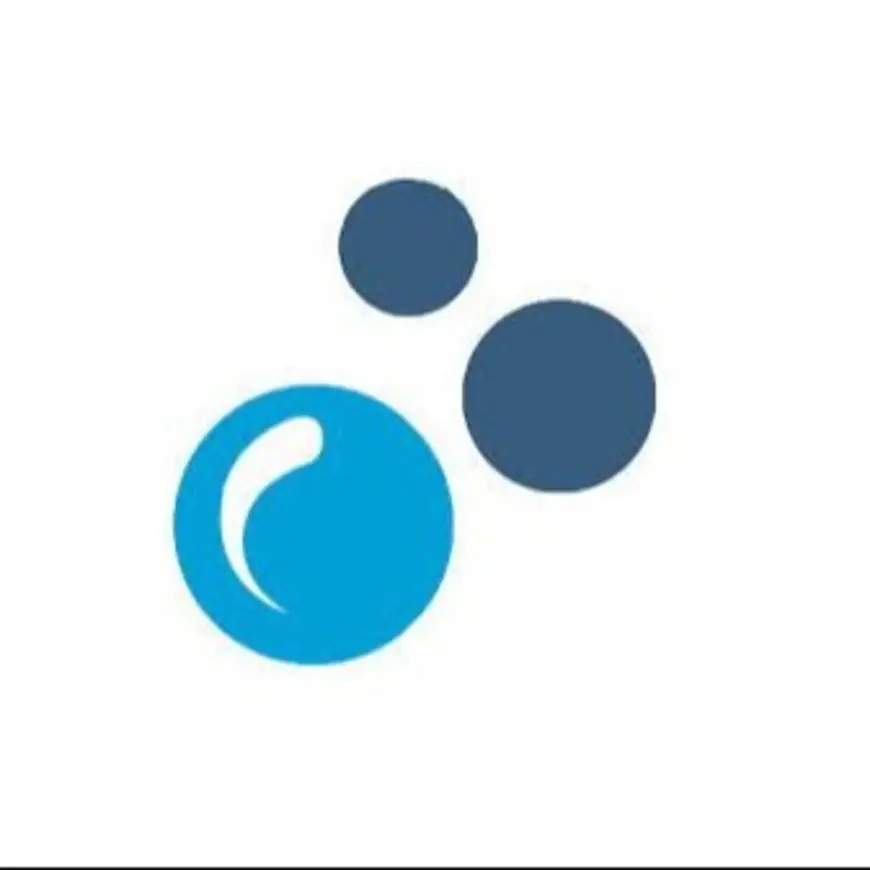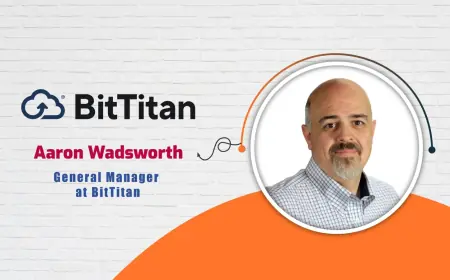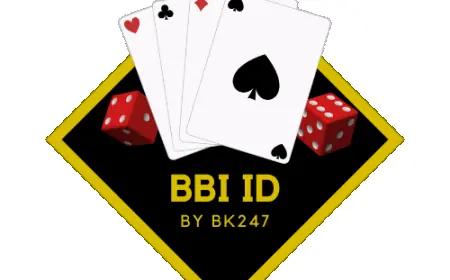The Best Way to Protect Sensitive Business Information
software

Businesses of all sizes are facing an increasingly complex challenge: protecting sensitive business information. With the rise in cyberattacks, data breaches, and insider threats, securing business data has never been more critical. The consequences of sensitive information being compromised—ranging from financial losses to reputational damage can be devastating.
Fortunately, there’s a solution: professional archive solutions. These tools are designed to safeguard business data with precision, offering a secure, compliant, and efficient method for archiving sensitive information. By utilizing these sophisticated systems, businesses can ensure that their valuable data remains protected against both external threats and internal vulnerabilities.
In this blog post, we will explore the critical role that professional archive solutions play in protecting sensitive business information. We will discuss how these tools provide secure storage, enforce compliance with regulations, and enhance overall security practices, all while ensuring business continuity in the face of data loss or cyberattacks.
Classifying Sensitive Business Information
What is Sensitive Information?
Before diving into the specific advantages of professional archive solutions, it’s crucial to first define what sensitive business information is. Sensitive information includes but is not limited to:
-
Financial Data: This encompasses all company financial records, transactions, tax information, and payroll details.
-
Customer Information: Personal data, purchase history, and communication records related to customers.
-
Intellectual Property: Proprietary business processes, designs, patents, and trade secrets that provide a competitive advantage.
Why Classification is Crucial
Understanding and classifying sensitive business information is the first step in implementing a successful data protection strategy. By properly classifying information, businesses can ensure that the most critical data is subject to the highest levels of protection. This classification also helps ensure that appropriate archiving procedures are applied based on the sensitivity of the information.
Methods for Classification
Businesses can categorize sensitive data in various ways:
-
Confidentiality Levels: Marking data as “public,” “confidential,” or “secret” allows companies to apply varying levels of security to different categories of information.
-
Risk Assessments: Conducting risk assessments helps businesses identify which data carries the highest risk and should be archived with greater security measures.
Professional archive solutions facilitate these classification methods, organizing sensitive data in a structured manner that ensures proper protection and efficient archiving.
Why Professional Archive Solutions are Essential
What Are Professional Archive Solutions?
Professional archive solutions refer to a set of advanced tools and systems designed to manage and store business data securely for the long term. These solutions ensure that archived information is protected from unauthorized access and remains intact for future use or legal compliance.
Why It Matters
Professional archive solutions are far more than just data storage tools. They provide several layers of protection, ensuring:
-
Compliance: Meeting industry standards and regulations such as GDPR, HIPAA, or CCPA.
-
Security: Advanced encryption and access control features keep data safe from hackers and unauthorized internal access.
-
Efficient Data Management: With large volumes of data, the ability to quickly retrieve archived information is crucial for operational efficiency.
Key Benefits of Professional Archive Solutions
Here’s how professional archive solutions help businesses safeguard their sensitive information:
-
Faster Retrieval: Archives that are organized and indexed correctly allow businesses to retrieve information rapidly when needed.
-
Regulatory Compliance: Professional archiving solutions ensure businesses meet all regulatory requirements regarding data retention, access, and destruction.
-
Enhanced Security: These solutions often integrate encryption and multi-factor authentication (MFA) to prevent unauthorized access.
-
Efficient Management: Managing and storing massive amounts of data becomes much more manageable with professional archiving tools.
Implementing Data Encryption in Professional Archive Solutions
What is Data Encryption?
Data encryption is the process of converting sensitive business information into an unreadable format that can only be deciphered by authorized users with the appropriate decryption keys. This process helps protect data both in transit and at rest, ensuring that sensitive information remains secure even in case of unauthorized access.
Why It Matters
Data encryption is one of the most effective ways to protect sensitive business information during storage and transfer. Even if a cybercriminal gains access to archived data, they will not be able to read or use it without the encryption key.
Best Practices for Encryption in Archiving
When implementing encryption in professional archive solutions, businesses should follow these best practices:
-
AES Encryption: Use advanced encryption standards like AES (Advanced Encryption Standard) to ensure robust protection.
-
Secure Cloud Archiving: Consider archiving data in the cloud with built-in encryption features that offer scalability and redundancy.
-
Key Management: Properly manage encryption keys to prevent unauthorized access.
Utilizing Multi-Factor Authentication (MFA) for Archival Systems
What is Multi-Factor Authentication (MFA)?
Multi-factor authentication (MFA) is a security mechanism that requires users to provide two or more forms of identification before granting access to a system. MFA typically combines something the user knows (e.g., a password) with something the user has (e.g., a phone or security token) or something the user has (e.g., a fingerprint or facial recognition).
Why MFA is Essential for Archiving
By implementing MFA in professional archive systems, businesses add an extra layer of security, reducing the likelihood of unauthorized access to sensitive archived data. This is especially important as many data breaches are the result of compromised credentials.
Best Practices for Implementing MFA
Here are some tips for businesses to integrate MFA with their archive systems:
-
Biometric Verification: Use biometric factors such as fingerprints or facial recognition for secure access.
-
Authentication Apps: Implement authentication apps like Google Authenticator or Microsoft Authenticator to generate one-time codes for login.
-
SMS Verification: For an extra layer of security, use SMS-based verification to ensure that only authorized users access archived information.
Securing Data Backup and Disaster Recovery with Archiving Solutions
Importance of Data Backup
Data backup is crucial for protecting against unforeseen events like cyberattacks, hardware failure, or natural disasters. Professional archive solutions help businesses maintain secure and redundant backups of sensitive information to ensure that data is not lost in case of an emergency.
Why Disaster Recovery Plans are Essential
In the event of data loss or corruption, having a solid disaster recovery plan in place is critical. Professional archive solutions provide businesses with tools to quickly recover data and minimize downtime, allowing for business continuity even during catastrophic events.
Best Practices for Backup and Recovery
-
Regular Backups: Ensure that data backups are performed regularly to prevent data loss.
-
Off-Site Storage: Store backups in geographically separate locations to protect against natural disasters or localized cyberattacks.
-
Automated Recovery: Implement automated disaster recovery processes to reduce recovery time and minimize the impact of data loss.
Ensuring Compliance with Data Protection Regulations via Archiving
Overview of Data Protection Regulations
Complying with data protection regulations is essential for businesses handling sensitive information. Regulations like GDPR, HIPAA, and CCPA impose strict guidelines on how businesses should store, access, and dispose of sensitive data.
How Professional Archive Solutions Ensure Compliance
Professional archive solutions help businesses comply with these regulations by offering secure and well-documented data storage. By maintaining compliant archives, businesses can avoid hefty fines and reputational damage.
Best Practices for Regulatory Compliance
To ensure compliance with data protection regulations, businesses should:
-
Set Retention Policies: Define clear retention policies that meet regulatory requirements and ensure sensitive data is kept for the required time frame.
-
Audit Trails: Keep an audit trail of all actions taken on archived data to demonstrate compliance during inspections or audits.
Employee Education and Best Practices for Archiving Security
Why Employee Education Matters
Human error remains one of the weakest points in cybersecurity. Without proper training, employees can inadvertently jeopardize sensitive information through poor archiving practices or falling victim to phishing attacks.
Key Areas for Employee Training
Focus on educating employees in the following areas:
-
Password Management: Encourage strong password practices and the use of password managers.
-
Phishing Awareness: Train employees to recognize phishing attempts and malicious attachments.
-
Data Handling: Ensure that employees understand how to properly handle and store sensitive business data.
Enhancing Collaboration and Access Control in Professional Archives
What is Access Control in Archiving?
Access control ensures that only authorized users can access or modify archived business data. By implementing robust access control systems, businesses can prevent unauthorized personnel from viewing or tampering with sensitive information.
Why Secure File Sharing and Collaboration Matter
Professional archive solutions enable businesses to share archived data securely with colleagues and partners while maintaining strict access controls.
Best Practices for Access Control
-
Role-Based Access: Assign access levels based on job responsibilities to ensure that employees only access the data they need.
-
Secure File-Sharing: Use encrypted file-sharing solutions to ensure data is transmitted securely.
Conclusion
In conclusion, the protection of sensitive business information is non-negotiable in today's increasingly digital world. By implementing professional archive solutions, businesses can safeguard their valuable data through secure, compliant, and efficient storage methods. With advanced features like data encryption, multi-factor authentication, and robust backup systems, professional archive solutions provide the tools businesses need to mitigate risks, ensure compliance, and enhance overall security.
What's Your Reaction?
 Like
0
Like
0
 Dislike
0
Dislike
0
 Love
0
Love
0
 Funny
0
Funny
0
 Angry
0
Angry
0
 Sad
0
Sad
0
 Wow
0
Wow
0



















































